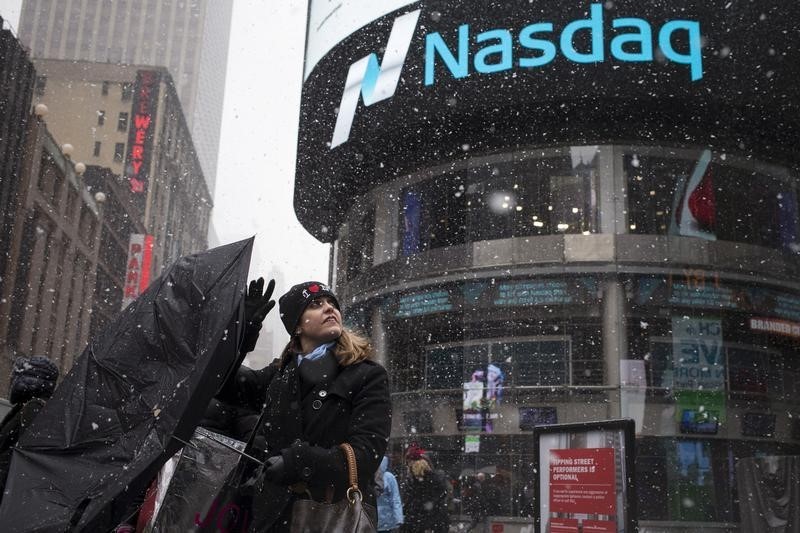This post was originally published on this site
https://i-invdn-com.akamaized.net/news/LYNXMPEB3Q0T1_M.jpg © Reuters.
© Reuters.By Kim Khan
Investing.com – Shares of Beyond Meat (NASDAQ:) took off again on Tuesday as investors bet that Starbucks (NASDAQ:) would eventually look to the company as a supplier.
Beyond Meat soared 11.6% in midday trading after Starbucks announced an environmental push to add more plant-based food and drinks to its menu and also more options in reusable packaging.
There was no indication from the coffee chain giant on when it may add items like plant-based breakfast sausages to its menu or which products it might choose.
A spokeswoman told Reuters that the company is exploring meat alternatives for its breakfast menu, but declined comment on potential suppliers.
But the prospect was enough to jolt the volatile Beyond Meat shares again.
The company hasn’t been public for a year, but has seen some roller-coaster action after its IPO in May 2019 when it opened at $45.
Shares rocketed up to a high of $239.71in July only to face a fairly steady decline into the end of the year.
But the stock has a new lease on life in 2020 and is up 65% year to date, including the pop in today’s session.
The plant-based meat category is expected to be worth $140 billion in the next decade, according to Barclays (LON:).
For now, the world’s largest coffee chain has laid out targets for 2030 including halving landfill waste from stores, and carbon emissions from its direct operations and supply chain. These targets were informed by research from the World Wildlife Fund and sustainability consultant Quantis.
— Reuters contributed to this report.
Fusion Media or anyone involved with Fusion Media will not accept any liability for loss or damage as a result of reliance on the information including data, quotes, charts and buy/sell signals contained within this website. Please be fully informed regarding the risks and costs associated with trading the financial markets, it is one of the riskiest investment forms possible.

